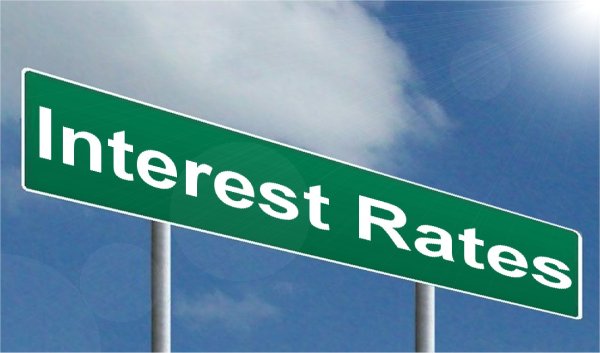Retail and industrial commercial real estate sales and leasing are shaped by a multitude of factors. One such crucial element that has a profound impact on the industry is the movement of interest rates. As we look ahead to 2024, it’s essential for investors, developers, and stakeholders to understand the implications of dropping interest rates and prepare for the shifts that may occur in the commercial real estate market.
The Ripple Effect of Interest Rates:
Interest rates play a pivotal role in shaping the economic environment, influencing borrowing costs and investment decisions. When interest rates drop, it typically triggers a chain reaction in the real estate sector. Here’s how the ripple effect may manifest in the commercial real estate market:
- Increased Affordability and Demand:
Lower interest rates translate to lower financing costs for commercial real estate projects. This increased affordability encourages investors to take advantage of favorable borrowing conditions, leading to a surge in demand for properties.
- Capitalization Rate Compression:
As demand rises and investors compete for prime assets, capitalization rates tend to compress. This phenomenon is a reflection of the relationship between property income and value. Lower interest rates can result in higher property values and compressed capitalization rates, potentially leading to increased property prices.
- Boost to Development Projects:
Lower borrowing costs not only benefit existing property owners but also stimulate new development projects. Developers may find it more enticing to initiate new ventures, contributing to the expansion and revitalization of commercial real estate markets.
- Impact on Property Types:
The effect of dropping interest rates may vary across different property types. While some sectors may experience a surge in demand and increased valuations, others may witness more moderate changes. It’s crucial for investors to evaluate the unique dynamics of each property type.
Preparing for 2024:
As we anticipate the trends in the commercial real estate market for 2024, it’s essential to adopt a strategic approach to navigate the changing landscape:
- Stay Informed and Agile:
Monitor economic indicators and interest rate forecasts regularly. Being informed about potential shifts in interest rates allows stakeholders to adapt their strategies in a timely manner.
- Diversification is Key:
Diversifying investment portfolios across different property types and geographical locations can help mitigate risks associated with market fluctuations. This approach allows investors to capitalize on opportunities in diverse segments of the commercial real estate market.
- Build Strong Relationships:
Cultivate strong relationships with financial institutions, lenders, and real estate professionals. Having a robust network can provide valuable insights, access to financing options, and a competitive advantage in a dynamic market.
Conclusion:
As interest rates continue to play a significant role in shaping retail and industrial commercial real estate sales and leasing, understanding their impact is crucial for making informed decisions. In 2024, the industry is poised for change, with dropping interest rates likely to influence investment strategies, property values, and development trends. By staying informed and adopting a proactive approach, stakeholders can position themselves for success in the evolving commercial real estate market.
If you are interested in a free broker opinion of value or just learning more about investing in commercial real estate in Maryland, Virginia, or Washington DC, please contact us. Avenue Real Estate is a leading full service commercial brokerage in the Baltimore and Washington DC areas and we would love to help you explore your options and make informed decisions about commercial real estate investments.

